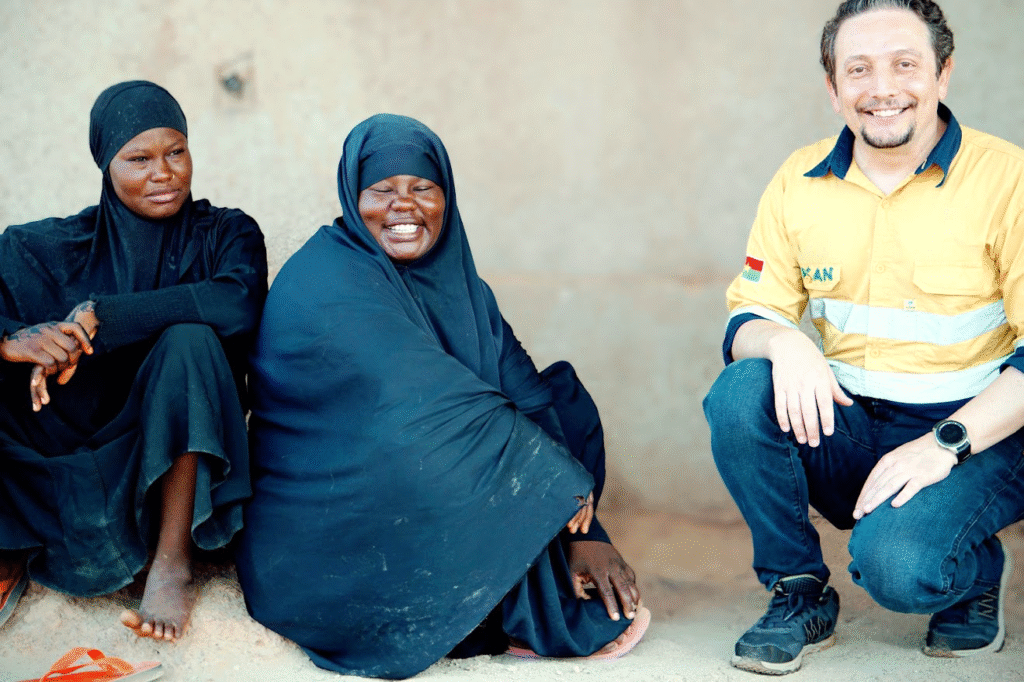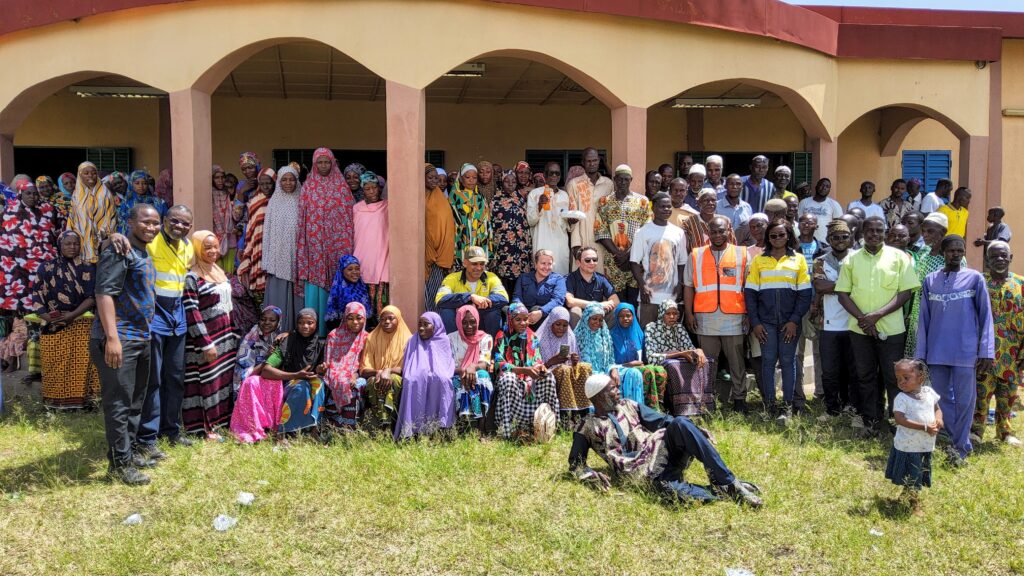For mining executives operating in emerging markets, securing the social license to operate (SLO) has become a defining success factor. Gone are the days when engineering excellence alone guaranteed project approval and operational continuity. Today, projects rise or fall based on their ability to earn—and retain—trust and legitimacy among local communities.
In regions marked by land conflicts, socio-economic disparities, and environmental sensitivities, mining leaders must strategically integrate stakeholder engagement, proactive ESG management, and transparent benefit-sharing frameworks into their business models. This article explores best practices and strategies executives can use to achieve sustained social license in challenging contexts.
1️⃣ Why Social License Matters More Than Ever
A mining project without social license faces significant risks:
- Delays from community protests or land disputes
- Increased scrutiny and intervention by NGOs or international media
- Loss of permits or licenses due to regulatory or political pressure
- Withdrawal or hesitation of investor and lender support
In short, SLO isn’t optional—it’s an operational necessity.
2️⃣ Common Mistakes That Undermine Social License
Despite good intentions, many mining projects fail because executives or field teams:
- Treat community engagement as a one-off compliance step rather than an ongoing dialogue
- Overlook informal stakeholders, including women, youth, artisanal miners, or traditional authorities
- Rely heavily on transactional approaches (e.g., one-time CSR payments) rather than strategic partnerships
- Fail to communicate transparently about project impacts and benefits
- Don’t maintain or adapt engagement strategies as community dynamics change over time
3️⃣ The Executive Playbook: Strategic Approaches to Secure Social License
To genuinely build trust, mining leaders must adopt proactive, strategic engagement and ESG management practices:
✅ Early & Continuous Engagement
Don’t wait until permits are at risk. Begin community dialogue at exploration, maintain transparency through feasibility, construction, and operation, and regularly revisit stakeholder expectations and feedback.
✅ Community Mapping & Vulnerability Analysis
Understand not only who stakeholders are, but also their influence, interests, vulnerabilities, and historical grievances. This includes traditional landowners, marginalized groups, and informal or transient populations like artisanal miners.
✅ Shared Value & Long-Term Benefits
Design benefit-sharing schemes that communities see as fair and meaningful. Go beyond financial compensation—offer capacity-building, employment, local procurement, and long-term livelihood restoration.
✅ Robust & Transparent Grievance Management
Establish independent, credible grievance mechanisms early. Make sure they’re culturally appropriate, accessible, and capable of responding quickly and transparently to community concerns.
✅ Strong Field-Based ESG Oversight
Embed ESG management in operational routines—not just at corporate HQ. Ensure field teams and contractors understand ESG responsibilities and regularly audit implementation.
4️⃣ Practical Tactics Executives Can Implement
🔸 Set clear SLO KPIs for senior project managers
🔸 Conduct regular field visits to demonstrate executive commitment
🔸 Foster genuine community advisory panels to monitor project impacts transparently
🔸 Build partnerships with respected local NGOs and civil society groups
🔸 Develop and share transparent community progress reports on project ESG performance
5️⃣ Turning Risks into Opportunities

When social license is proactively managed, it becomes an asset, not just risk mitigation:
- Accelerates permitting and reduces regulatory friction
- Increases investor and lender confidence
- Reduces operational disruptions from social conflict
- Positions the company as a responsible leader, attracting talent and strategic partners
🤝 How EYG Partners Can Help
At EYG Partners, we provide mining executives with the tools and insights to secure social license through strategic ESG and stakeholder engagement practices:
- Stakeholder and social risk mapping
- IFC-aligned resettlement (RAP) and livelihood strategies
- Community engagement planning and implementation
- Independent grievance mechanism audits
- Field-based ESG monitoring, reporting, and capacity building
Whether entering new markets or stabilizing existing operations, we help you secure trust and operational resilience through proactive, strategic engagement.
📩 Connect with us at eygpartners.com to explore how we can support your project’s long-term success.

